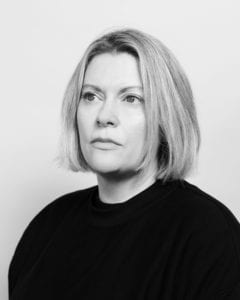
Gem Fletcher is a freelance writer who contributes to publications such as Aperture, Foam, The Guardian, Creative Review, It’s Nice That and An0ther. She is the host of The Messy Truth podcast - a series of candid conversations that unpack the future of visual culture and what it means to be a photographer today. You can follow her on Instagram @gemfletcher